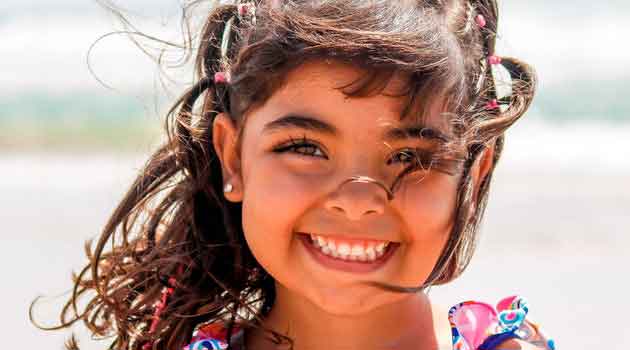“Those bitter sorrows of childhood!– when sorrow is all new and strange, when hope has not yet got wings to fly beyond the days and weeks, and the space from summer to summer seems measureless.”
― George Eliot, The Mill on the Floss
The mental health of children is a significant aspect of their formative years. Lack of proper care and guidance can hinder their growth and lead to a disturbed personality. The stigma associated with mental health in our society acts as a stumbling block for a child suffering from such disorders.
What is worse is that issues about mental health often get unnoticed in children as they are supposed to be ‘young’ and ‘incapable of feeling deeply’. The complexities of childhood are merely interpreted as temporary whims.
Studies have shown how various factors such as race, ethnicity, gender, poverty, domestic violence and physical abuse influence the mental health of children. However, minor day-to-day activities can leave a lasting impression on a child’s mental health.
George Eliot’s The Mill on the Floss portrays the consequences of neglect and isolation on a child’s psychology.
The character of Maggie Tulliver remarks that adults think of children as blissful creatures who do not have problems of their own. They are always supposed to be happy and content in their world.
However, small actions hold deep meanings for children. Their sense of identity and view of the world is affected by their surroundings.

Children’s Day 2021
Children’s Day should be perceived as an opportunity to generate dialogue about such taboos. It is a chance to create awareness about the necessity of the mental healthcare for children.
There should be programmes that engage the major aspects of a child’s formative years like the family, school and community.
Families should be educated about the needs of children in the growing stages, schools should focus on effective teaching and management, and community should engage in abuse prevention activities on a collective level.
Mental health should be treated as an essential part of overall health of children and not dismissed as ‘irritable behaviour’.
Mental vulnerabilities in COVID times
In a latest, the UN Children’s Fund (UNICEF) says, the mental health of millions of children worldwide has been put at risk, with at least one in seven forced to remain at home under nationwide public health orders – or recommendations – during the COVID-19 pandemic.
Do you realize, it has been such a long year for all of us, but especially for children, with lockdowns and pandemic-related movement restrictions!
Why not pledge your support for a better approach to child and adolescent mental health? This starts by giving the issue the attention it deserves.